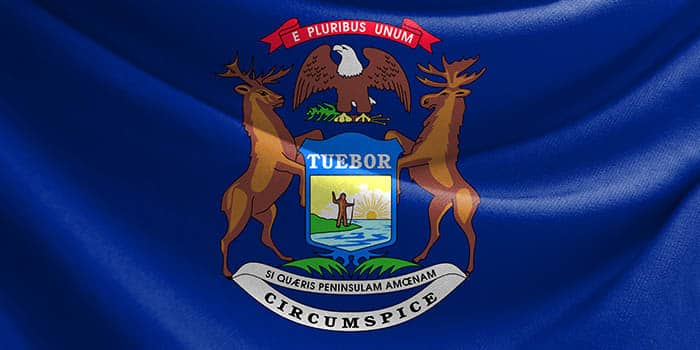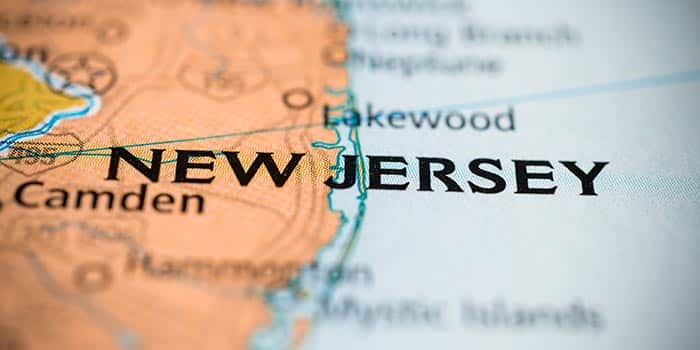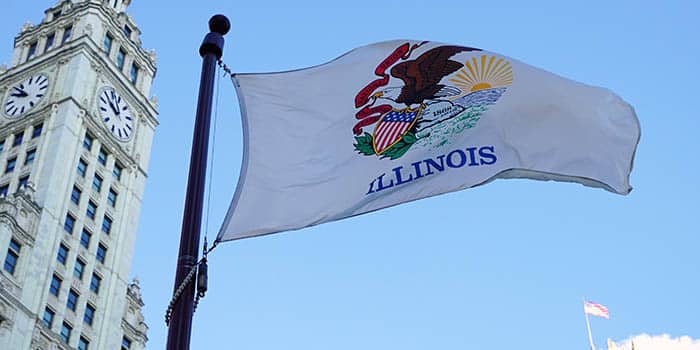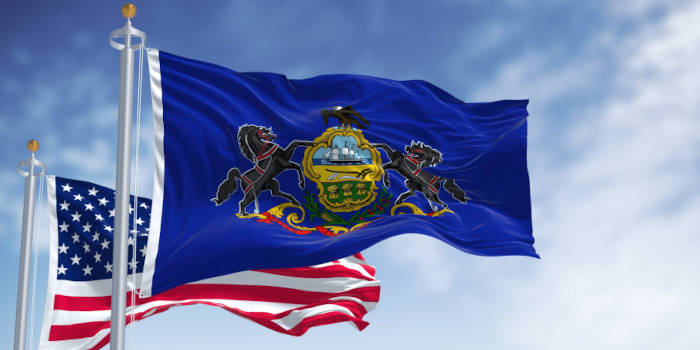- Casino
- By State
- Alabama
- Alaska
- Arizona
- Arkansas
- California
- Colorado
- Connecticut
- Delaware
- Georgia
- Florida
- Hawaii
- Idaho
- Illinois
- Indiana
- Iowa
- Kansas
- Kentucky
- Louisiana
- Maine
- Massachusetts
- Maryland
- Michigan
- Minnesota
- Mississippi
- Missouri
- Montana
- Nebraska
- Nevada
- New Hampshire
- New Jersey
- New Mexico
- New York
- North Carolina
- North Dakota
- Ohio
- Oklahoma
- Oregon
- Pennsylvania
- Rhode Island
- South Carolina
- South Dakota
- Tennessee
- Texas
- Utah
- Vermont
- Virginia
- Washington
- West Virginia
- Wisconsin
- Wyoming
- By State
- Slots
- Poker
- Sports
- Esports
Sports Betting Legalization Gains Traction in Vermont

Back in 2018, the US Supreme Court ruled against PASPA, which allowed sports betting to continuously expand to new states. By now, there are just above a dozen US states that are yet to legalize and launch the activity. One such state is Vermont. To help with the legalization and the establishment of a regulatory framework for sports betting, the state created a Sports Betting Study Committee earlier this year.
Legalizing Sports Wagering Will Best Serve Vermonters
Earlier this week, the Committee drafted recommendations for the regulation of sports betting. This marked an important step on the way to legal sports betting in the state and what is expected now is for lawmakers in Vermont to review the proposals. Then, it is likely for the legalization of sports betting to be up for discussion at the start of the legislative season in January 2023.
The Sports Betting Study Committee’s latest recommendations report outlined its findings in six different points that outline the path toward the legalization of sports betting. An important part of the process, judging by the report, is granting the Department of Liquor and Lottery the necessary administrative authority to regulate sports betting. What’s more, the Committee acknowledged that the legalization and regulation of sports betting in the state will best serve the public. This is because a state-regulated sports betting market will help eliminate illegal offerings and provide a safer and more secure product for sports bettors.
“As a first step, the Committee determined that the State’s interests would be best served by legalizing sports wagering,“
reads the Sports Betting Study Committee’s latest report submitted on December 12, 2022
Another important recommendation outlined by the Committee is that the state should enable administrative agencies “have sufficient authority to respond to the rapidly changing market.” This will help with the regulation, ensuring compliance of the operators and the offering of fair services. Ultimately, those agencies will help the regulatory authority, the Department of Liquor and Lottery, to “establish a robust and responsive administrative structure.”
The Commission’s latest recommendation calls for the authorization of a “minimum of two but not more than six” sports betting operators. Considering the size of the market in Vermont, the Committee said that having approximately six regulated sports betting operators would be appropriate.
Sports Betting Will Raise Tax Revenue
There are US states that have introduced retail sports betting before launching mobile wagering activities. However, the Commission’s latest report calls for the introduction of mobile sports betting first. This is because, according to the commission, retail betting demands investment and a regional population that will support those locations. Ultimately, the report called for the legalization of mobile wagering and probing “the feasibility of a retail wagering model.”
Just like in any other US state, the legalization of sports betting will help bring taxes to the state’s coffers. In Vermont, the Committee said that the future regulator should establish a tax revenue share through a competitive bidding process. Last but not least, the new report called for the protection of consumers via responsible gaming efforts. This, according to the Commission can be achieved via different responsible gaming tools and practices that seek to safeguard the well-being of the consumers.
Related Topics:
William Velichkov is a research-driven writer. His strengths lie in ensuring factual accuracy, vetting government documentation and reaching out to regulators and other officials. He is particularly fond of financial reporting, the sports betting industry, B2B partnerships and esports betting developments. William is a strong asset to the Gambling News team as he adds a bedrock to our reporting.
Previous Article

Legal
December 9, 2022
Integrated Resorts Decision in Japan Likely Not Coming Until 2023

Next Article


Legal
December 9, 2022
Star Entertainment Slapped with Second AU$100M Fine in Australia
Must Read
Legal
June 26, 2025
Entain Loses Trademark Battle in EU Copyright Clash















